Why Conference?
Writing conferences offer your students guidance. You can answer questions about their writing for them, give them goals, assess their goals, and give some students a push to complete a skill.
It’s important we use small groups in reading and math, so why not in writing as well?
When Do I Conference?
Writing conferences happen when the rest of your class is working on independent writing. Remember, you will need to do a lot of training with your class to be sure that they can independently write. Model! Model! Model!
You can’t have students hovering over you during your conferences, and you can’t be stopping every two minutes to redirect other students. Conference time is incredibly valuable, so you can’t be interrupted.
Hopefully, a couple of weeks into your first unit, you’ll be able to start writing conferences. You may have to keep conferences a little short at first. But, I know you can work with your students to keep building their stamina for writing, and conferences can begin to last longer.
How Do I Make Conference Groups?
Now, use the rubrics to set the writing samples into piles based on similar needs. You are leveling each sample. Don’t overthink this step too much. Students can always be moved to another group. You will want to make as many piles for as many days that you will have writing workshop. For example, I had my writing workshop Monday-Thursdays, so I made four piles.
I kept a poster for each day and laminated these. Then, I’d write all names for each group with a dry-erase marker on each day. Make sure that your groups are similar in size.
Have a Schedule
A question that comes up is; if you are meeting with a group, how do they get to their independent work? One possible solution is to know that your conferences won’t always last 15-20 minutes. So, your small group may get 5 extra minutes to go back to their desk and begin the independent task. I also fit in 5-10 minutes after conferences to walk around my classroom and help my students as needed. This is another 5 minutes that your small group can take advantage of.
Another solution is to have your small group work on the given independent task with you during conference time.
Keep Them Short!
Maybe it’s the skill you taught yesterday in your mini-lesson, or something you noticed they needed working on at the beginning of the unit. You can also choose skills based on their rubrics. Remember, you have the choice to do what works best for your groups.
Reading their handwriting can slow me down. Instead, I have the writer read to me.
Discuss these examples as a group, correct and compliment where necessary, and ask for other examples of the skill. Some skills will only need one meeting to review while others may need an extra meeting.
Writing Resources
All of the printables that have been pictured in this blog post are part of my writing units. The units also include daily lesson plans, anchor charts, mentor text passages, task cards and more. Click HERE to read more about them.
Are you looking for more tips and ideas for improving your writing instruction? I have created a series of videos all about teaching writing. Click HERE to check them out.
Do you like free resources? I have created a free email course that includes five days of freebies (including some conference materials) and tips. Click HERE to check it out.
Writing conferences are a great use of class time and very beneficial to all students. I hope these tips give you some new ideas for making conferences work in your classroom.

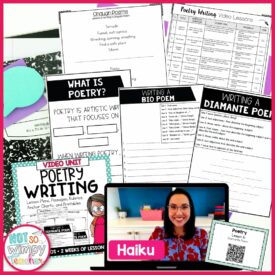











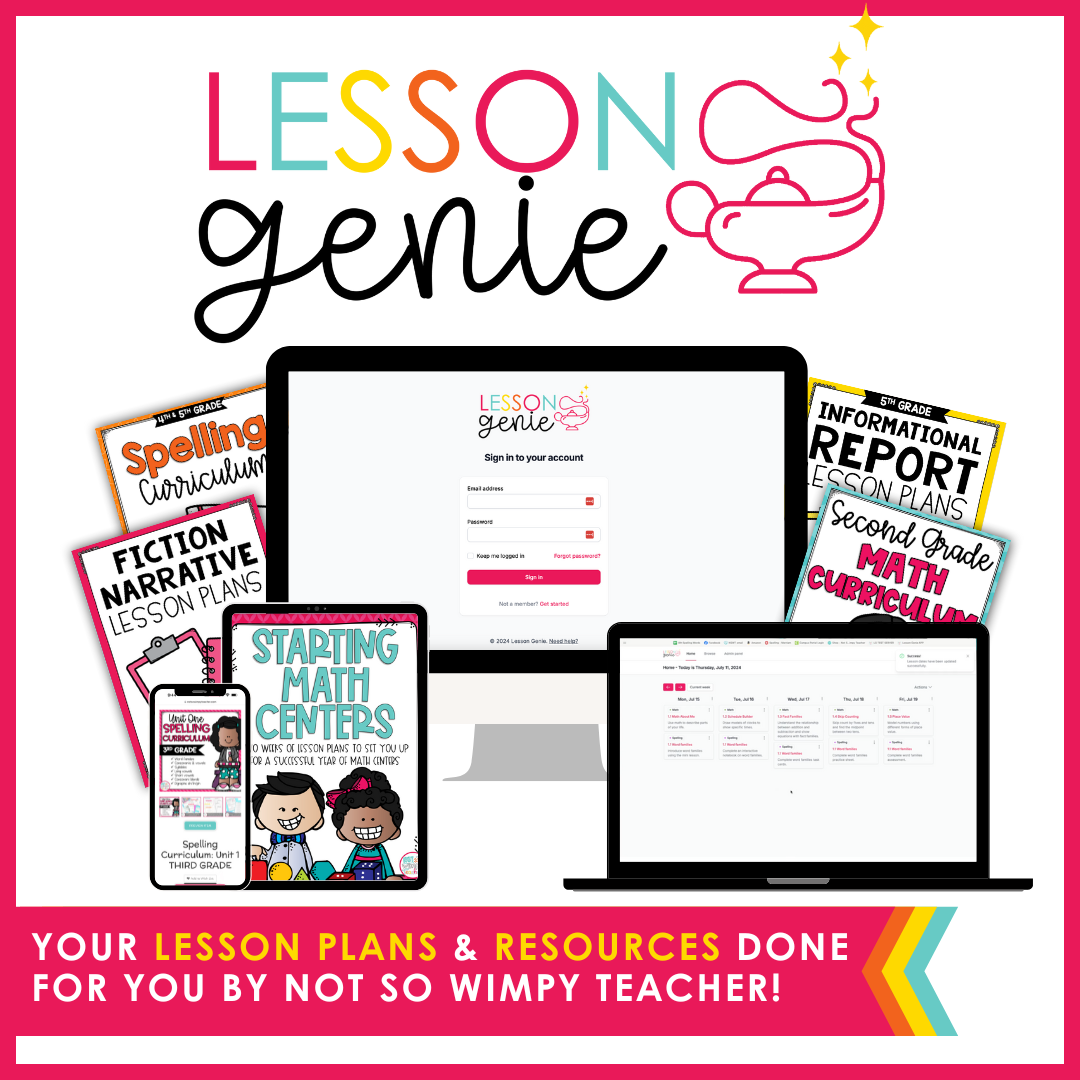
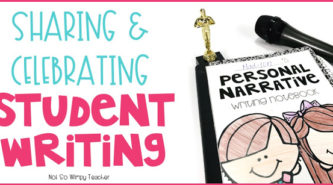
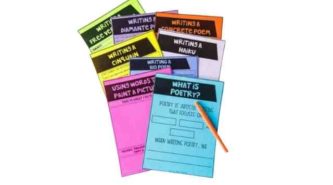
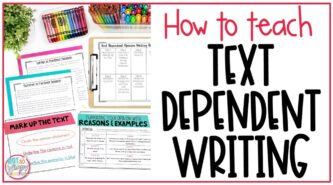
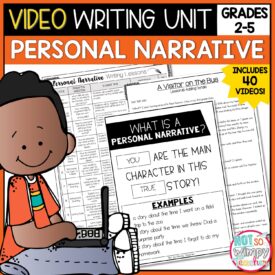
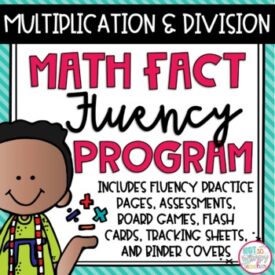
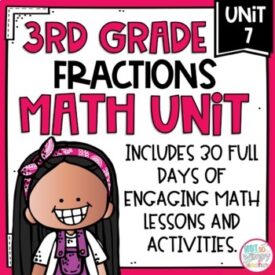
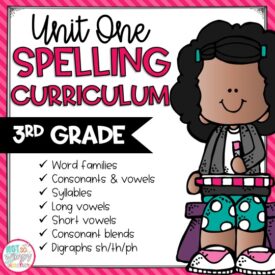
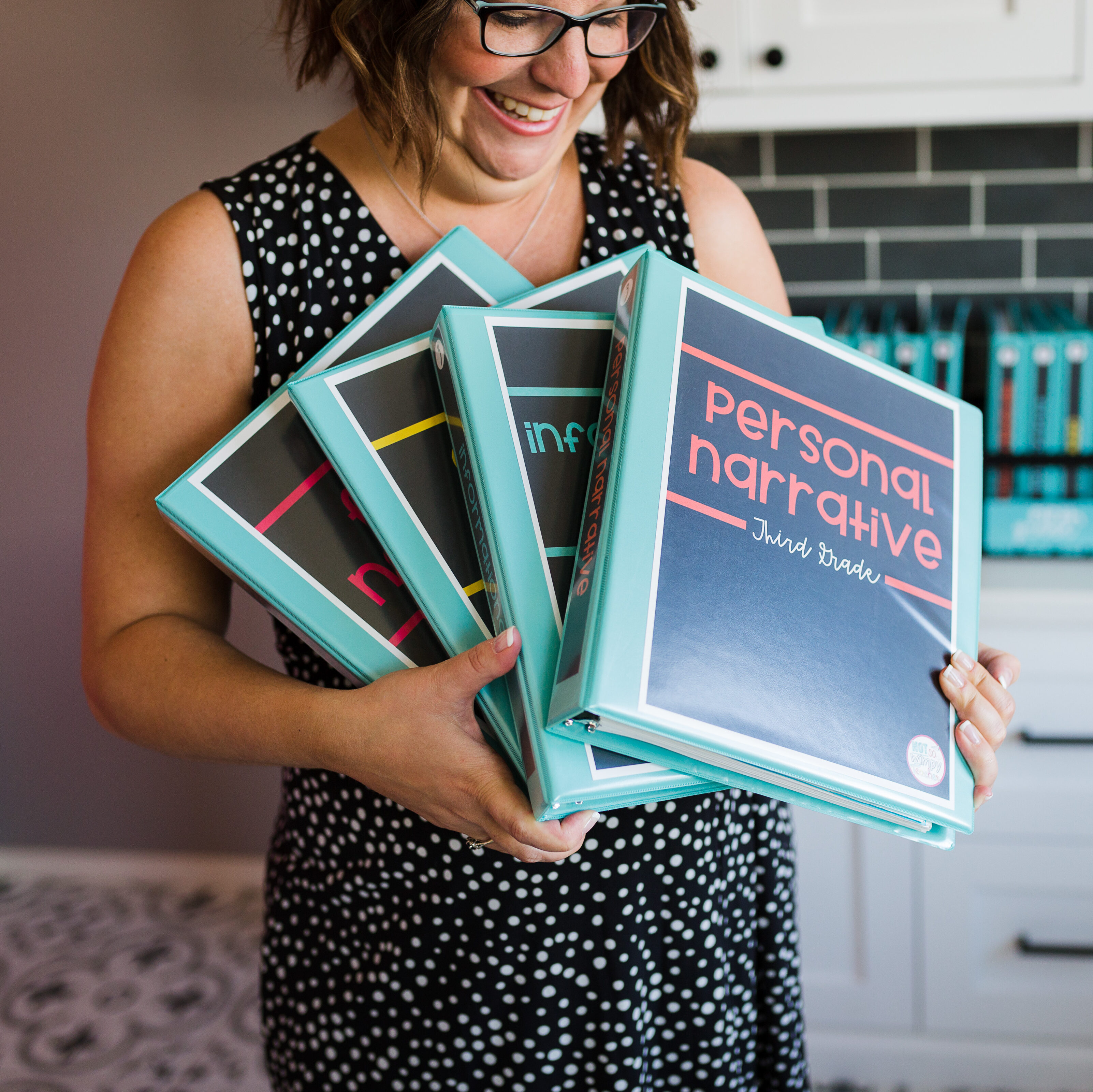

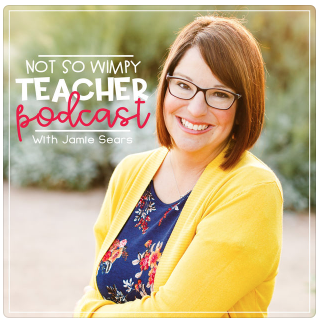




 End of Year Carnival Week for grades 2-5!
End of Year Carnival Week for grades 2-5!
Hello – I really love your program. I am an assistant principal being moved into a 7th grade Writing/lit class after first trimester due to the loss of the teacher. Do you feel it is appropriate and adaptable to a 7th grade class with students with primarily low- medium writing skills? If not, can you recommend a similar program.
Thanks
Hi Keri,
I sent you an email in reply to your question.